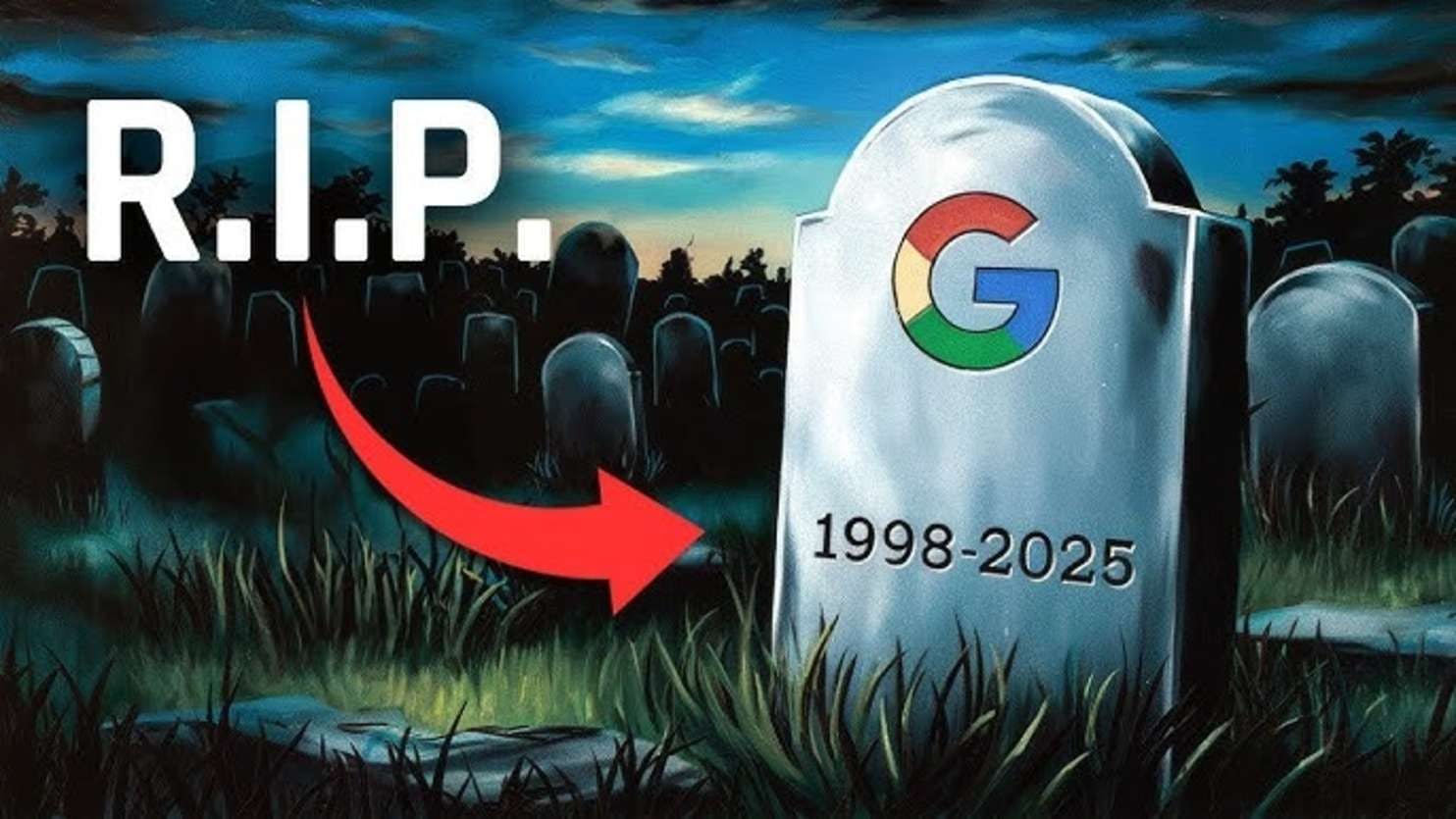For years, Google was my go-to for finding information. Need a statistic? Google it. Looking for research? Google it. Want to compare data sources? Open ten different tabs and start cross-referencing. But over the past year, I've made a fundamental shift in how I find information—and I'm not going back.
The Old Way: Death by Browser Tabs
We've all been there. You start with a simple question, and before you know it, you have 15 browser tabs open. You're jumping between Forbes, Statista, research papers, Reddit threads, and blog posts from 2019 that may or may not be relevant.
You're copying snippets into a document, losing track of which statistic came from which source, and spending more time organizing information than actually using it.
Traditional search engines are powerful, but they're also overwhelming. They give you a million options and leave you to do all the heavy lifting—evaluating sources, synthesizing information, and piecing together a coherent answer.
The New Way: AI as My Research Assistant
Now, I simply open Claude.ai and ask my question directly. Instead of wading through search results, I get a comprehensive answer with cited sources—all on one page, in seconds.
For example, I recently needed current data on AI adoption trends. Rather than opening Google and clicking through multiple articles, I asked:
"Please give me the current statistics from 2024-2025 on how many people now use AI to find answers vs traditional search engines. Please cite the references from trusted sources."
Within moments, I had:
- Clear, synthesized statistics from multiple sources
- Proper citations I could verify
- Context that helped me understand the data
- All presented in an easy-to-read format
No tab chaos. No piecing together fragments from different articles. No wondering if I missed something important three pages deep in search results.
Why AI Search Works Better for Me
- Speed and efficiency: What used to take 20-30 minutes of research now takes 2-3 minutes. The AI doesn't just find information—it synthesizes it, presenting exactly what I need without the noise.
- Cited sources on demand: The references are right there, integrated into the response. I can verify sources when needed, but I'm not manually tracking down citations or losing them in a sea of tabs.
- Conversational refinement: If the first answer isn't quite right, I can refine my question or ask for clarification. It's like having a research assistant who understands context and can adjust their approach based on my needs.
- Better comprehension: Instead of reading ten different articles that each explain part of the picture, I get a cohesive narrative that connects the dots. The AI understands what I'm really asking for and addresses the underlying question, not just the keywords.
This Isn't About Replacing Critical Thinking
I want to be clear: I still verify important information and dig deeper when necessary. AI tools aren't perfect, and I don't treat their responses as gospel. But they've become my first stop instead of my last resort.
Think of it this way: traditional search engines are like being handed a library card and told to figure it out. AI search is like having a knowledgeable librarian who knows exactly where everything is, can summarize key books for you, and points you to the specific passages you need.
Is Google Search Dead?
Despite frequent predictions of its demise, the data tells a very different story.
The Numbers Don't Lie
Google is far from dying, Google Search is actually growing. Here's what the latest statistics reveal:
Market Dominance Remains Unchallenged
- Google controls 89.66% of the global search engine market
- As of March 2025, Google accounts for 91.65% of all search queries globally
- Google received more than 5 trillion searches in 2024
Usage Is Actually Increasing
- Google Search grew 21.64% in 2024
- There are an estimated 9.5 million Google searches per minute
- Google handles an estimated 9.1 billion searches per day, up from 8.5 billion in 2024
AI Hasn't Replaced It While AI tools like ChatGPT have gained attention, in 2024 Google received approximately 373 times as many searches as ChatGPT. Even more telling, Google's global traffic decreased only 7.91% from 2023 to 2024 after ChatGPT's release.
Revenue Keeps Growing Google website's ad revenues reached an all-time high of $234 billion in 2024, and these revenue figures have increased every year since 2001.
The Verdict
Google Search isn't dead—it's evolving. While user behavior is changing (with more zero-click searches and AI Overviews), the platform remains the dominant force in how people find information online. If anything, concerns about its death appear greatly exaggerate
The Shift Is Already Happening
I'm not alone in this transition. The way we find information is fundamentally changing. Why would I spend half an hour cobbling together an answer from scattered sources when I can get a well-organized, cited response in seconds?
For research, for work, for curiosity—AI has become my default. Google is still there when I need it, but increasingly, I find that I don't. use it as much anymore. The future of search isn't about getting better links. It's about getting better answers.
And once you experience that difference, there's no going back.


